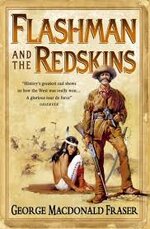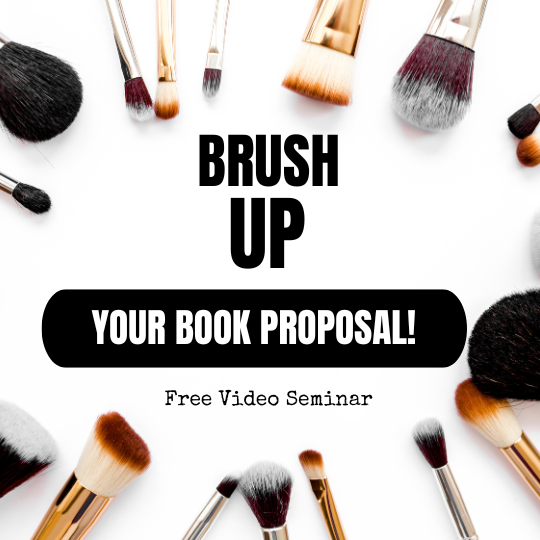Bluma Bezbroda
Basic
Came across this article, I have to say I really liked it:
Publishers are hiring 'sensitivity readers' to flag potentially offensive content
Issues like PC are a returning subject on this forum, so let's not let that tradition die out But, seriously, I think it's a great thing. I also really like how the writers interviewed there seem to not be interested in avoiding popularity/financial loses by publishing something that might be an offensive misrepresentation—it's rather a genuine concern to not do any harm. That's really important, especially when providing products meant for young audience! Also, extremely interesting point about cultural appropriation. Indeed, wouldn't it be better if we had more minority authors published, than to pay minority readers to help create the works of the privileged majority?
But, seriously, I think it's a great thing. I also really like how the writers interviewed there seem to not be interested in avoiding popularity/financial loses by publishing something that might be an offensive misrepresentation—it's rather a genuine concern to not do any harm. That's really important, especially when providing products meant for young audience! Also, extremely interesting point about cultural appropriation. Indeed, wouldn't it be better if we had more minority authors published, than to pay minority readers to help create the works of the privileged majority?
What do you think?
Publishers are hiring 'sensitivity readers' to flag potentially offensive content
Issues like PC are a returning subject on this forum, so let's not let that tradition die out
What do you think?





